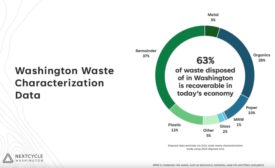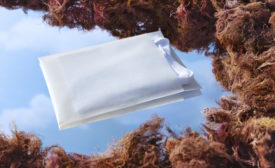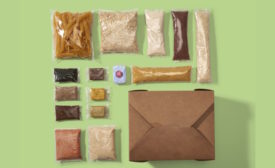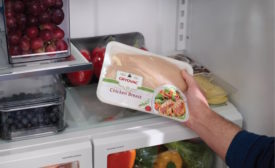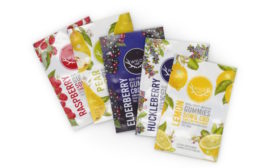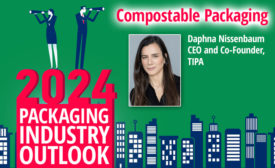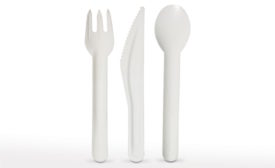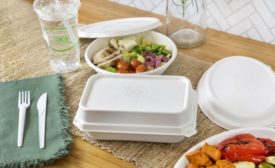Home » Keywords: » compostable packaging
Items Tagged with 'compostable packaging'
ARTICLES
Candy & Confectionery | Choice Chocolate Packaging
Chocolate Companies Respond to Consumer Demand for Eco-Friendly Packaging
Consumers are not only picky about the kind of chocolate they want to eat but the kind of packaging it comes in.
February 7, 2024
2024 Packaging Industry Outlook
Why Compostable Packaging is Set to Grow in 2024
January 5, 2024

